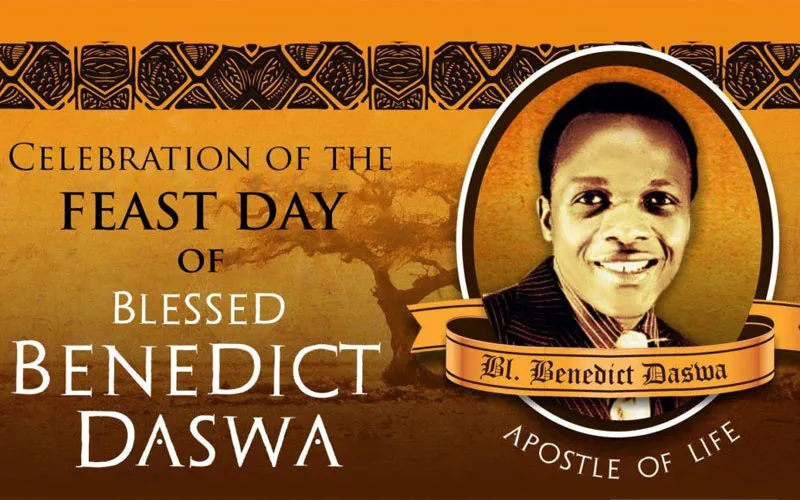“Blessed Benedict is really our model. May we imitate him in our life. May he intercede for us and fulfill the good desires of our hearts,” Bishop Phalana goes on to implore in his February 1 reflection shared with ACI Africa.
Born on 16 June 1946 as Tshimangadzo Samuel Daswa to the Jewish Lemba tribe in rural Limpopo, the Northernmost province of South Africa, he adopted the name Benedict upon converting from Judaism.
An account of his life indicates that a November 1989 storm accompanied by lightning strikes hit Daswa’s village, with a similar catastrophe being experienced three months later.
The village elders believed that the lightning catastrophe was occasioned by magic, and thus demanded a financial contribution from each village to pay “sangoma (traditional healer)” who would “sniff out” the witch.
Daswa, a staunch Catholic and non-believer in the magic narrative, refused to pay the tax insisting that the lightning was a natural phenomenon.
(Story continues below)
While driving back home from a family errand on 2 February 1990 at 7.30 p.m., he found the road blocked by fallen trees. As he removed the trees, a group of young men who had waylaid him in a nearby bush ambushed him and started stoning him.
A wounded and heavily bleeding Daswa ran to a neighboring woman’s house for refuge, but the woman gave him up after the young men threatened to kill her. Daswa was hit on the head, and hot water poured into his ears and nose.
As he died, he said, “God, into your hands, receive my spirit."
During his burial on 10 February 1990, celebrants wore red vestments as an indication that he died due to his attackers’ hatred for his faith.
A tombstone bought by his mother, Thidziambi Ida Daswa, a convert to Catholicism was unveiled during a special Mass in November 2000.
In January 2015, Pope Francis approved a decree recognizing his martyrdom, which allowed for his beatification.
In the decree, the Holy Father described Daswa as, “a layman, father of a family, martyr, diligent catechist, considerate teacher, witness of the Gospel until the shedding of blood.”
Following the decree, Daswa’s remains were later transferred to Nweli Catholic Church in August 2015 in readiness for his beatification on 13 September 2015.
An estimated 30,000 people among them his 91-year-old mother and his eight children attended the event held at Limpopo, which was presided over by the then Prefect of the Congregation for the Causes of Saints, Angelo Cardinal Amato.
“The Holy Spirit transformed this young South African into an authentic hero of the Gospel. His heart was full of love for God and neighbor,” Cardinal Amato was quoted as saying in an interview, adding, “Benedict Daswa is like the first martyrs of the Church who, during the persecutions of the Roman emperors, defended their faith with prayer, courage and forgiveness of enemies.”
Mutshiro Michael, one of Blessed Daswa’s sons, told Agence France Presse (AFP) during the beatification, “Proud is an understatement to describe what I feel.”
Pope Francis declared February 1 Blessed Benedict Daswa’s Feast Day.








